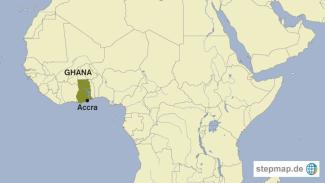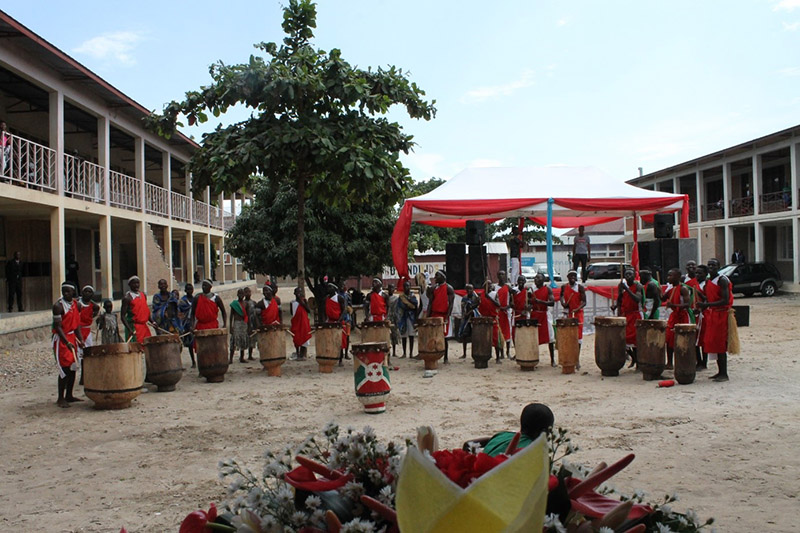Demographics
Caring for too many people

Fataw Yakubu is 27. He has no wife or children yet, but he is taking care of five relatives, including his parents who don’t have jobs. Fataw carries loads in the bus terminal. “I have to do this to support my family,” he says.
Not only market workers carry heavy family burdens. Clement Boateng is a communications officer for a non-governmental organisation (NGO) in Tamale in northern Ghana. He does several other kinds of work too. He does not need money only for his immediate family, but for other relatives as well. “I spend about 20 % of my earnings to help them,” he reveals.
Large family sizes are part of the circle of poverty. Alhaji Issifu Iddi of the Ghana Population Council says: “Relatives knock at your door; they want their child’s school fees – and that is your nephew. Your niece comes because she needs to go to hospital, so you can’t say no.”
Things are set to get worse in the long run. Demographic change has set in. The share of children is shrinking, and the share of the those aged 65 and above is growing. Children require less resources than the elderly, and in the not so distant future, the share of the economically active will begin to decline too.
According to statistics, in Ghana one person is expected to take care of around seven more people. One consequence is that young people cannot focus on promising careers, because they are forced to do several jobs to make ends meet. They cannot pursue ambitions of higher education for example.
This scenario is worrisome. “We need to invest in the youth, so that they can pursue further education and work towards a really good job,” says Mammah Tenii from the United Nations Population Fund (UNFPA). The overwhelming majority of Ghanaians are still under 40 years of age.
In December 2017, Ghana launched a Strategic Roadmap for harnessing demographic dividends, the local component of the African Union’s Demographic Dividend Roadmap. Ghana’s President Nana Akufo-Addo noted that “through investments in the youth, we have made essentially a pact with both present and future generations to leave them a better legacy than we inherited from our forebears.” To what extent policymakers will make a difference at the grassroots level remains to be seen.
Maxwell Suuk is a journalist and lives in Northern Ghana.
suuk.max@gmail.com












